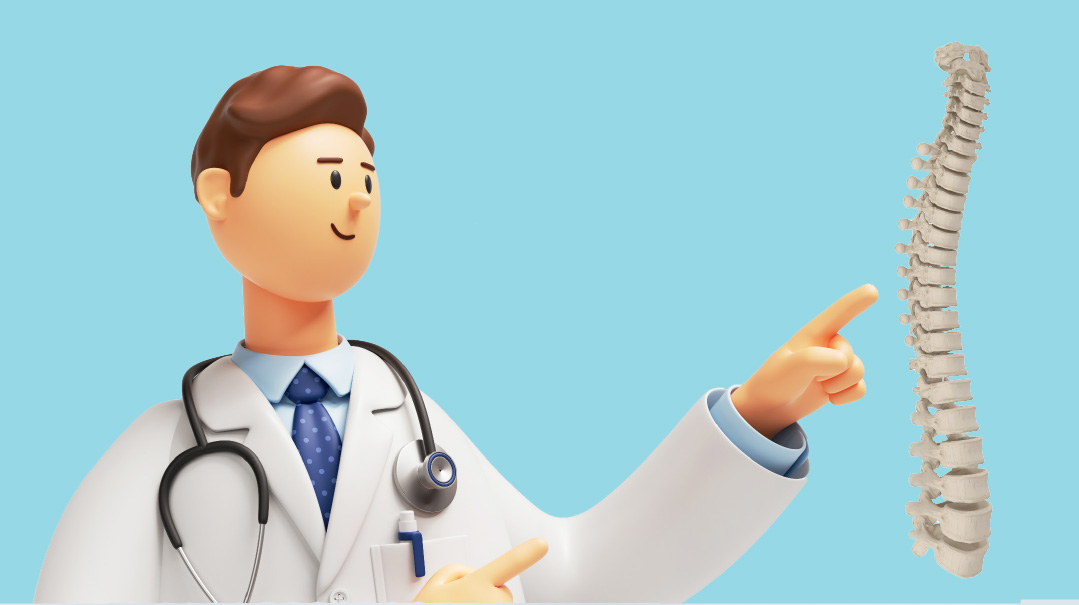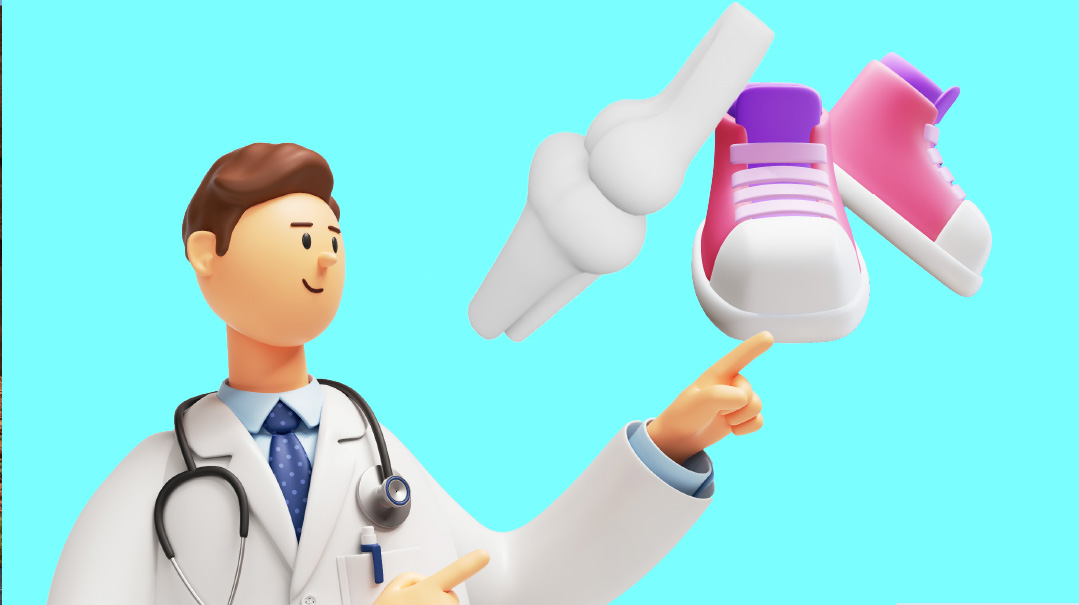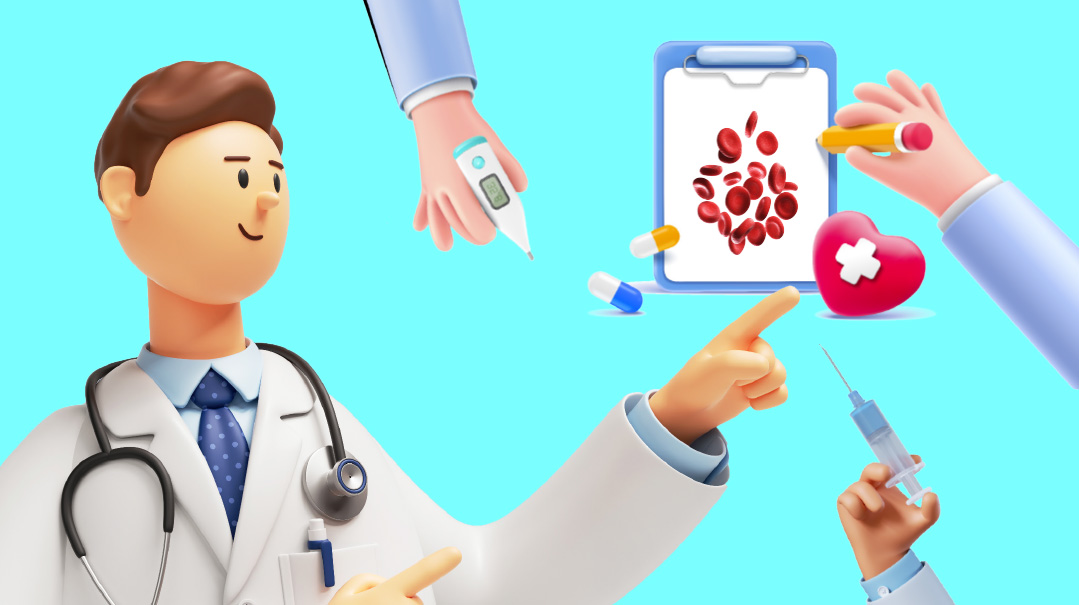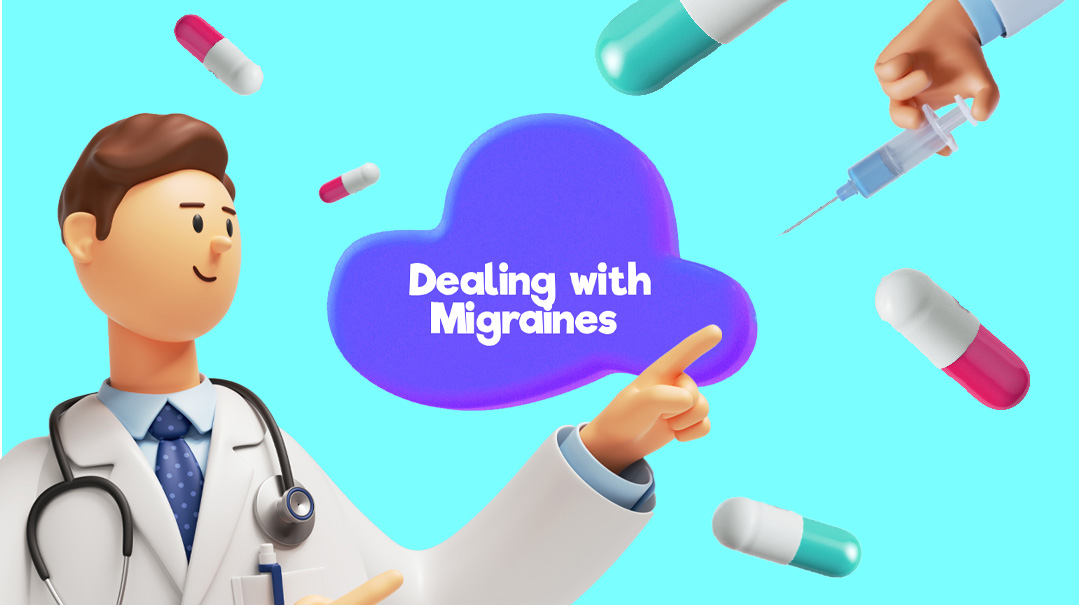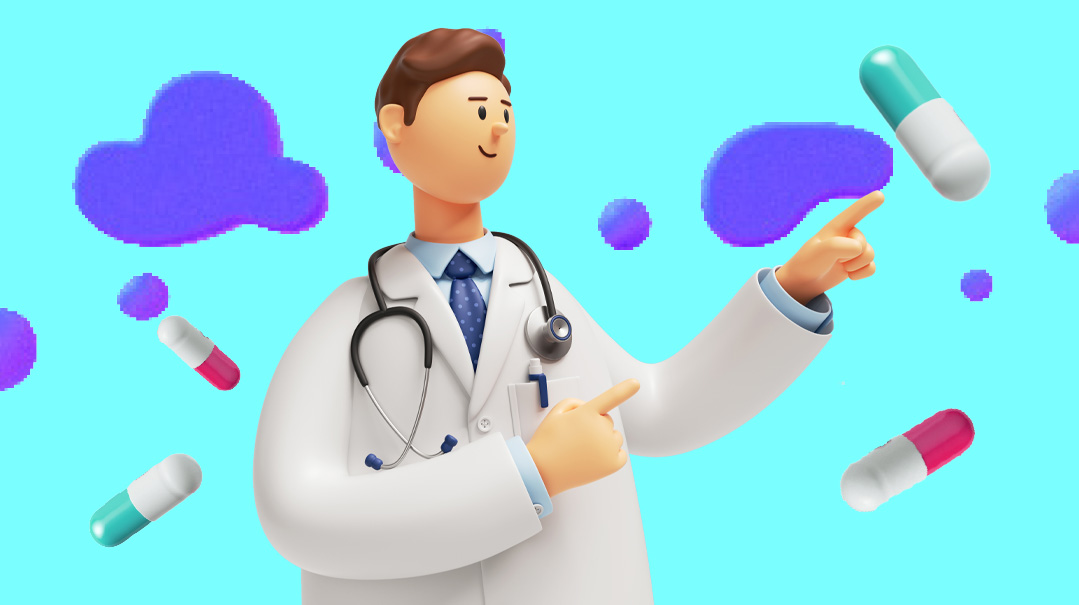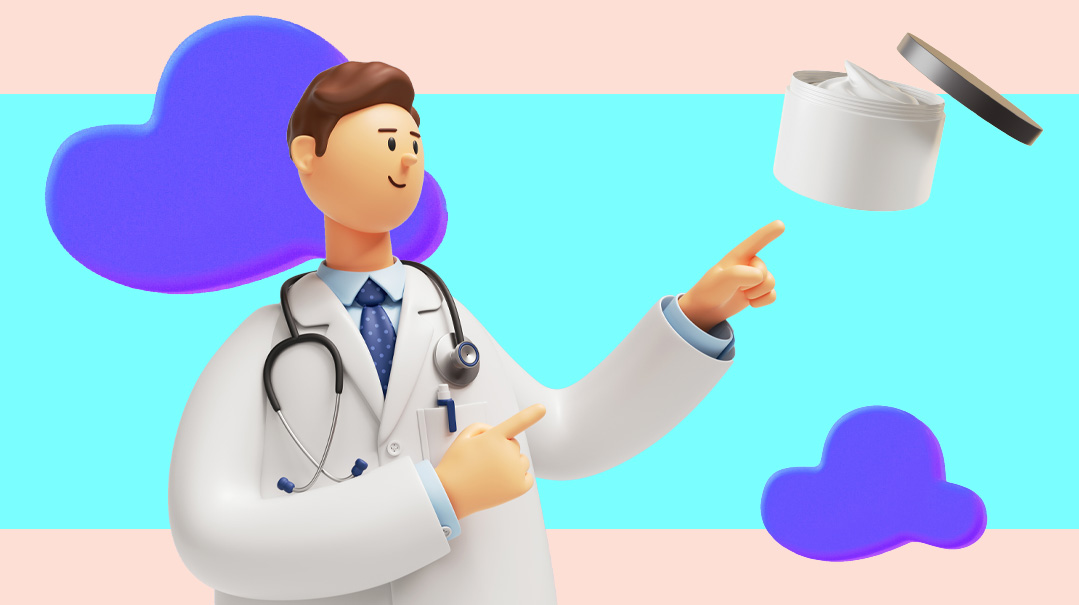Learning to Live with Fragile Bones

Children with low bone density can take part in games and any activities that don’t put stress on their bones
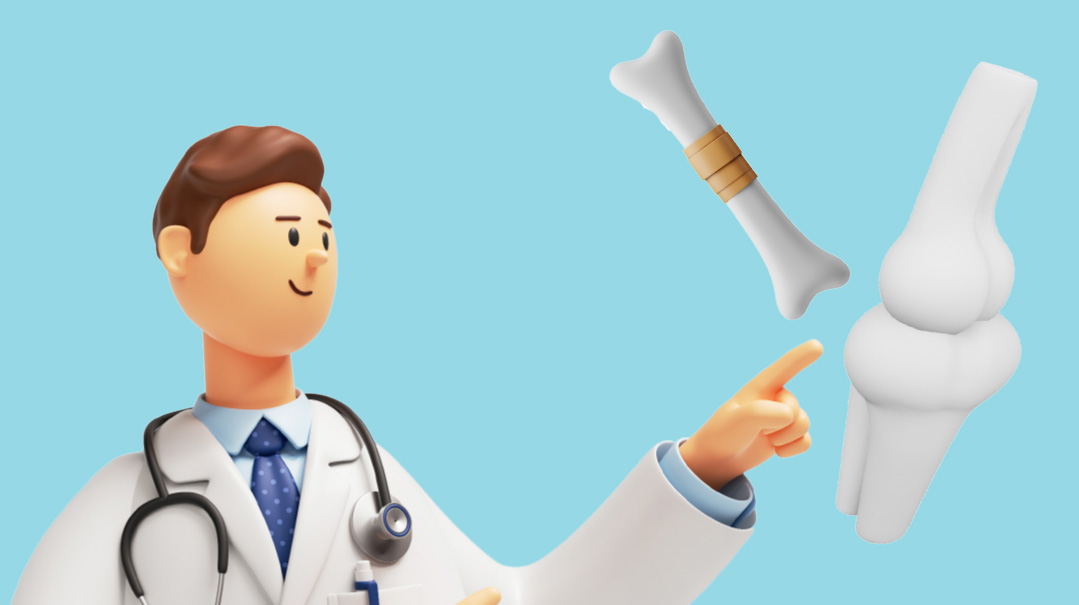
Meet the Heroine: Rivkah
Hello, my name is Rivkah, and I am 11 years old. I live in the United States, and I attend Bais Yaakov elementary school. I am a friendly, fun person to be around. If you met me, you wouldn’t notice anything that looks different from other girls my age.
Low bone density only affects some areas of life. Children with low bone density can take part in games and any activities that don’t put stress on their bones.
What exactly is your health challenge, Rivkah?
I happen to have a medical condition called low bone density. This means that my bones are very delicate. There are things that most kids do that I can’t because my bones break easily. My bones break so often, that whenever I get a small bruise, we have to make sure it’s not from a broken bone. Each time I break a bone, I have to wear a cast for four to six weeks, though sometimes a brace or splint is enough.
How did you discover that you have this condition?
I was very short when I was younger. We went to an endocrinologist to understand why I wasn’t as tall as other girls my age. When we told him about my medical history, we mentioned that I have recurrent bone fractures. In the beginning, the doctor didn’t think it was serious enough to investigate, but when I broke another bone, he sent me to do a medical imaging test called a bone density scan or DEXA.
What causes this condition to occur?
I took a lot of blood work to see why, but the doctors were never completely sure. I was tested for many possible conditions, including Celiac and Osteogenesis Imperfecta. A person with celiac may break her bones because her condition prevents her body from absorbing nutrients needed to build strong bones. Osteogenesis Imperfecta is a genetic bone disease where the body is unable to produce collagen, which is necessary to build healthy bones. The tests showed that I don’t have either of these conditions. In my case, no one really knows what caused it.
How is the bone density scan conducted?
I have to lie down on a machine and hold very, very still. Part of the machine moves around and around me, scanning my bones. The scanner measures levels of minerals like calcium in specific bones. This detailed information tells the doctor how strong my bones are. My test showed that I have low bone density.
How does having low bone density affect your day-to-day life?
I notice it mostly in camp because I can’t do gymnastics or go on trampolines. I have to avoid any high-impact activity — meaning activities in which your body banged or bumped a lot.
There’s lots of blood work and take yearly bone density scans, which I hate.
Bones are made of calcium, and vitamin D is necessary for the calcium to build bones, so I have to take extra supplements of calcium and vitamin D.
What is good about having this condition?
I miss a lot of school because of doctors’ appointments. (Every dark cloud has a silver lining — just kidding!)
I have to dance a lot because physical activity makes my bones stronger (I like dancing, so that’s a positive aspect).
My mother tries to make it up to me when I miss something important at camp or school. Once, she surprised me by taking me out for pizza before the doctor’s appointment, and then we went to a recording studio where I recorded a song. I love to sing! So it made me feel better.
Having to just watch when I want to participate is hard, but it strengthens my self-control and makes me stronger.
Do you have any tips for other children who suffer from the same problem?
Always concentrate on the good side of everything, because there always is one, and you just have to find it. It’s like the story above about when I had to be in the hospital, but I had a good time with my parents.
What is the hardest part for you about dealing with this issue?
It’s very hard when I see others enjoying trampolines and doing gymnastics while I have to sit on the side and watch. There were times when I couldn’t bear it, and then I did it even though I shouldn’t. Once I did a handstand which really hurt my wrist. Even though it wasn’t broken at that time, I felt guilty. Another time I had a doctor’s appointment (they are almost impossible to reschedule) and missed joining my friends on a camp trip to the water park. That was so hard!
Any good stories that show what it’s like to have this medical issue?
One time, I had to go to an out-of-state hospital called CHOP. The night before, I slept in a hotel. It was just me and my parents, which was tons of fun! I also got a lot of treats. It was Chanukah, and when we lit the menorah, it made lots of smoke. We were so scared that the smoke detector would set off the fire alarm!
What would you like other people to know about this problem?
The most important thing to understand is that even if there’s some stuff that I can’t do, I’m still just like every other girl. There’s no difference between me and you. If you see a girl with a medical issue, try to see the girl and not get stuck on her medical condition. Treat her the same as everybody else — just act normally. Her medical condition is a challenge for her, but between friends, it’s no more important than the color of her eyes or whether she has curly hair or straight.
What helps you cope with this issue?
It helps me when I remind myself that it’s all for the best, and that Hashem decided it was good for me to have this condition.
It also helps when I focus on something else. When everyone is going on the trampoline or doing something else that I wish I could do with them, I try to occupy myself with other things around me, like talking to a friend. That makes it easier.
-For healthy bones, every child needs to eat food rich in calcium. Foods known to be high in calcium include dairy products, as well as tofu, lettuce, beans, almonds, sardines, sweet potatoes, fortified orange juice, techinah, sesame seeds, and sunflower seeds.
-The teenage years are great for bone-building!
-The cells that form bones are called osteoblasts. In children, osteoblasts work very fast to allow them to grow. The cells in a grown person’s bones may be completely renewed in seven to ten years. For growing children, this process takes only two years!
Do you have a medical journey you’d like to share with our readers? Please contact Junior@mishpacha.com to be featured in this column!
(Originally featured in Mishpacha Jr., Issue 960)
Oops! We could not locate your form.

